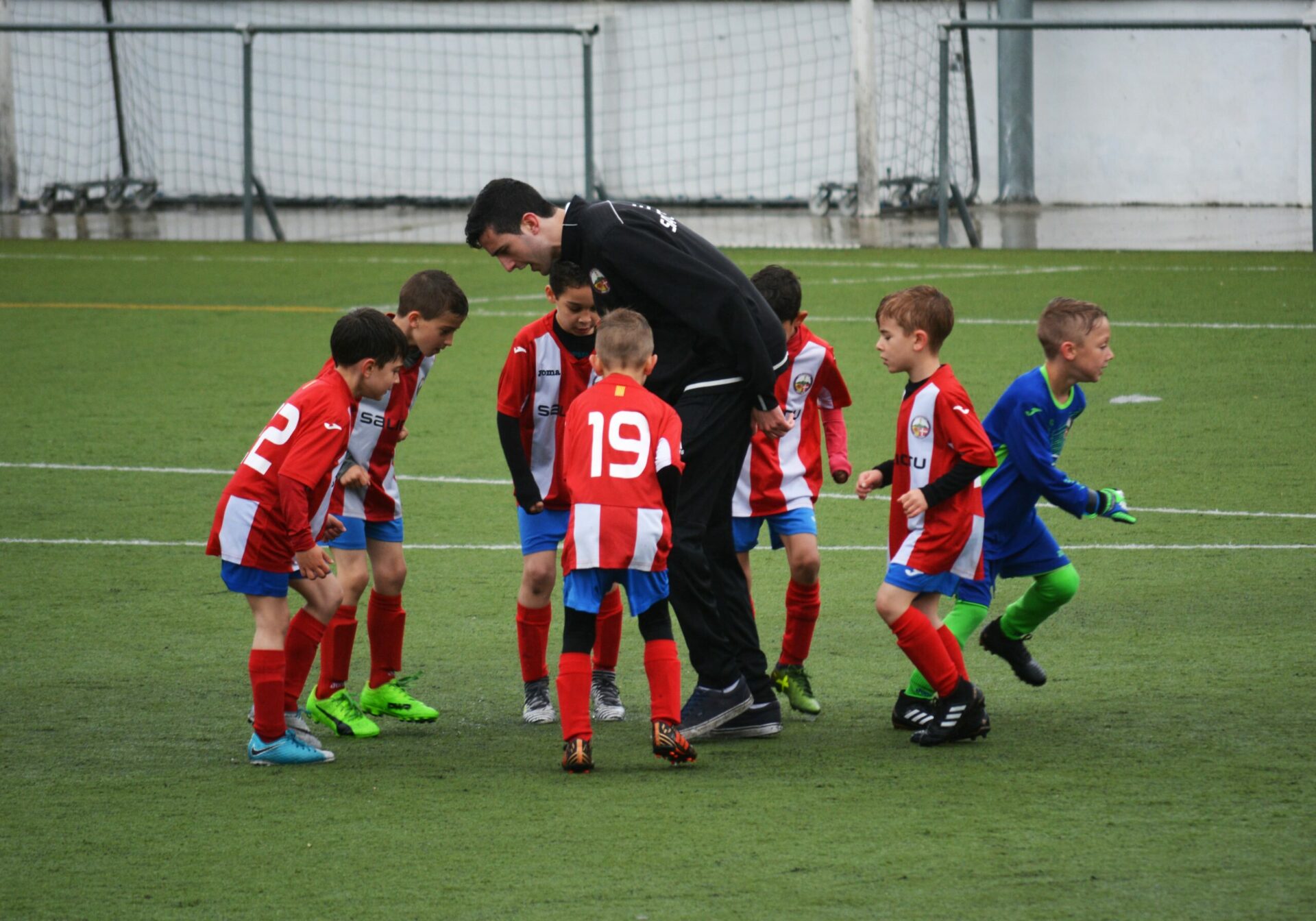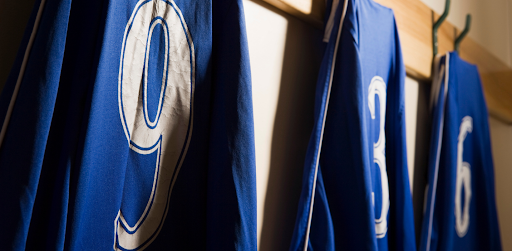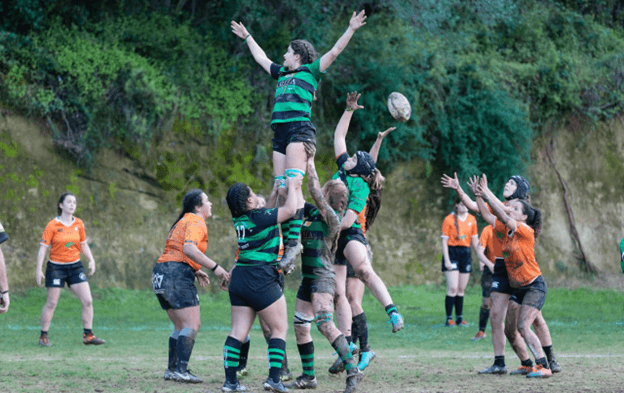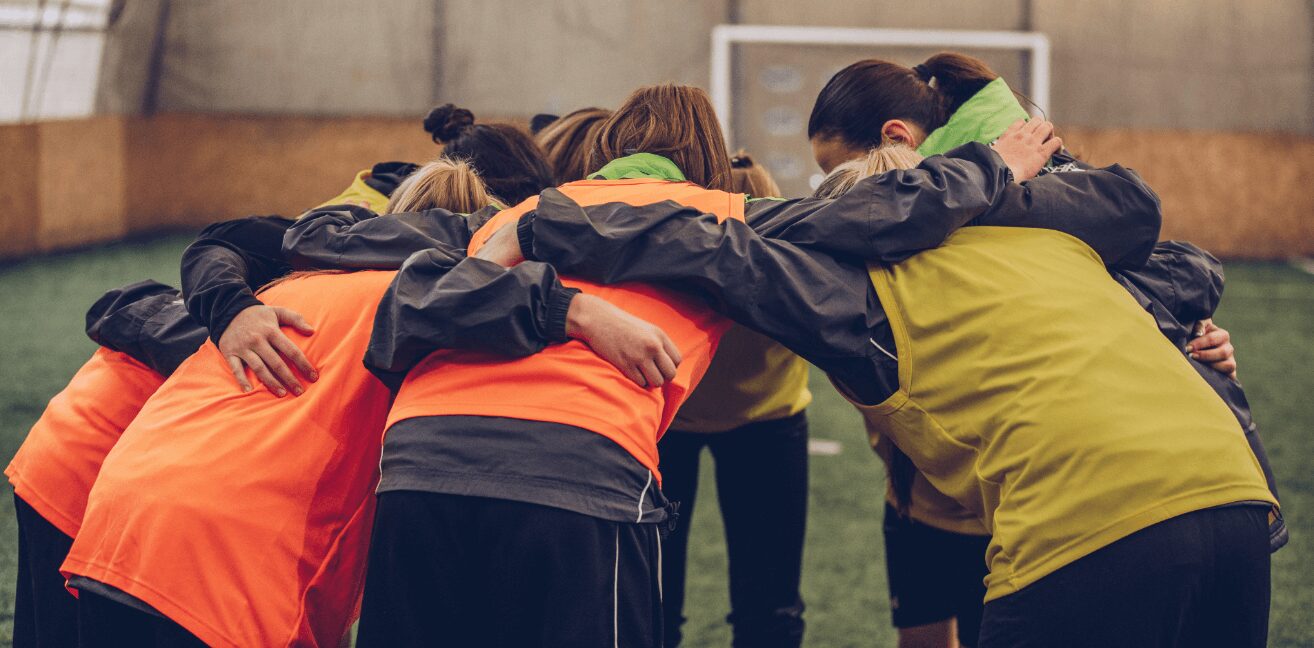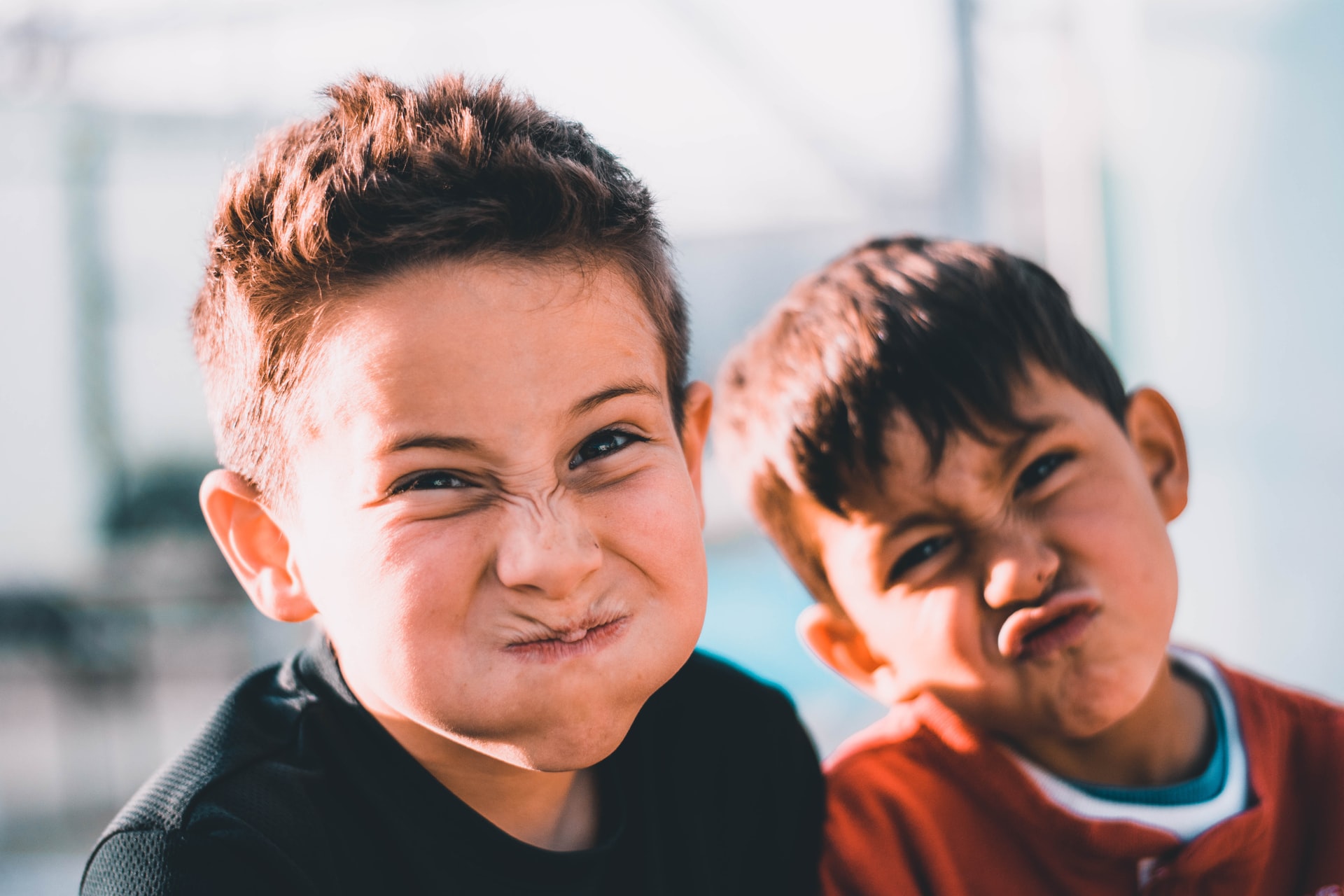
7 Tips for Keeping Kids Healthy and Active During the Pandemic
This has been a difficult time for everyone, and many families are still experiencing life turned upside-down. Most kids remain in online learning and are not able to engage with their friends. Even those kids who are in physical school are wearing masks and must stay 6 feet apart.
How can you help your children stay mentally and physically healthy until this rough time comes to a close? Here are 7 tips.
Answer questions honestly.
Your children are probably hearing all kinds of information about the pandemic and what might be happening, and they are likely to have questions. Be sure that you are an accurate and open source of information for them. Answer questions as clearly and honestly as you can, and admit it when you don’t know the answer. Look it up together if it is something factual.
Keep it age-appropriate.
Kids of all ages are going to have questions, but your answers will be different if you are talking to a teenager than if you are talking to a first-grader. When they come to you to talk about the pandemic, be sure you are speaking in language they can understand and that you aren’t giving them more detailed information than they can handle. You know your child best, so you know what is appropriate to say.
Exercise together.
Physical activity is something that has been put on the back burner for many families, but it doesn’t have to be that way. Take some time each day to exercise as a family. If you can, head outside for a family walk or hike, or grab a glove for a game of catch. If you can’t go outside, find an online yoga class or pop in an old aerobics video. There are many different activities you can do together, and exercise will be beneficial to everyone.
Teach handwashing and other hygiene.
Don’t assume that your children know the right way to wash their hands. Teach them how to lather the soap and to sing the happy birthday song while they scrub. Show them how touching various objects can spread germs, and tell them when to use hand sanitizer. Teach coughing into their elbows and waving instead of shaking hands or hugging. Your kids can’t practice healthy habits until they know the basics.
Follow official advice.
Show that you have confidence in the official advice that is given on the news and in other places by talking to your kids and following those directions. Practice staying 6 feet away from other people in public and wearing a mask when you are out in public. Older kids may even want to watch updates on the pandemic on television. Talk about these together, and give your kids a chance to say what they think and to voice their frustrations. Let them know that you are frustrated, too.
Talk about responsibility to others.
Have discussions with your kids about some people being at higher risk for disease and complications than others. Make it clear that strategies like wearing a mask and social distancing are designed to protect everyone. Talk about people you know who are at high risk. This may be a grandparent, or someone you know who has a chronic illness. Talk about how it is everyone’s job to protect these people.
Be a role model.
The most important thing you can do as a parent to keep your kids healthy is to model proper healthy behavior. Your kids will do what you do, so make sure you are showing them the right responses. Wash your hands often, especially before cooking or eating and after you come home from being out. It is even a good idea to announce that you are going to wash your hands so you are sure that they catch it. Keep up with your own physical activity, and follow safety guidelines. The more you do, the more your children are likely to do.
This is a hard time to be a parent, but you are the person responsible for getting your children through this in as healthy a way as possible. You can do a lot to ensure that your children are mentally and physically healthy and that they are doing their part to keep others healthy as well.


